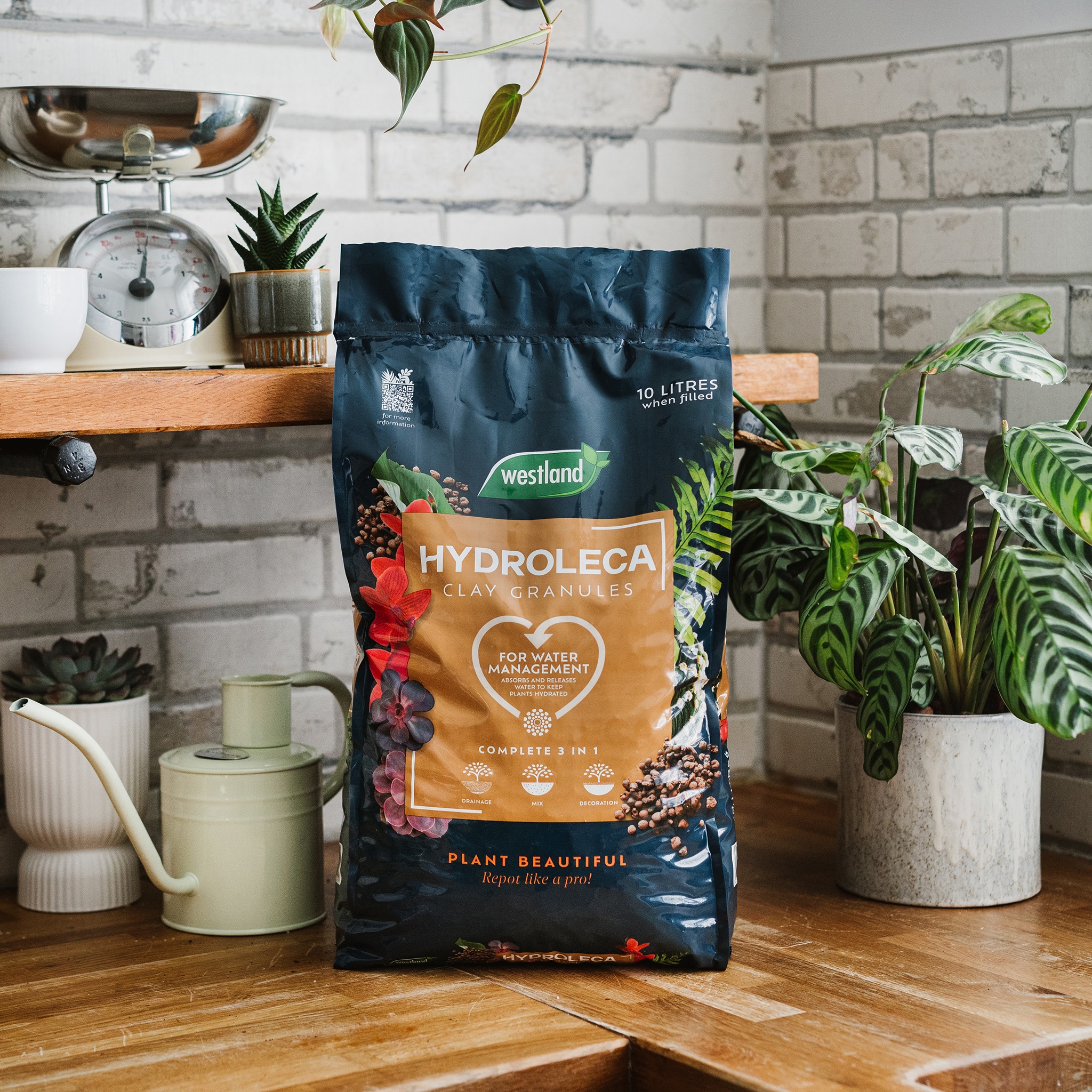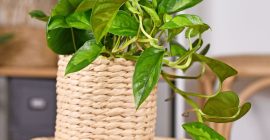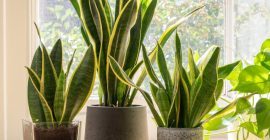Unsure why your houseplant isn’t thriving? It might be experiencing common houseplant problems like over-watering, pests, or inadequate lighting. Explore our guide below to learn about these issues and find out how to rejuvenate your indoor greenery.
Top Tips to Prevent Common Houseplant Problems:
- Water each of your plant’s correctly and to their specific needs
- Do not overcrowd your plants
- Make sure you clean their leaves regularly
- Check and inspect their leaves and roots regularly
- Catch the infection or infestation early
- Keep an eye out for fungal diseases
- If you spot any diseases, isolate the plant and treat the problem by removing the infected leaves
1.Overwatering:
One of the most common issues for houseplants is overwatering. This can lead to root rot, yellowing leaves, and a generally unhealthy plant. To avoid overwatering, ensure that your plant’s pot has drainage holes and allow the top inch of soil to dry out before watering again. A Westland Watering Indicator is a helpful gadget that will turn red when your plant needs watering.
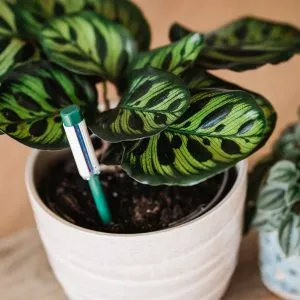
Solution: Adjust your watering schedule, water less frequently, and always check the soil moisture before adding more water. Ensure proper drainage in the pot to prevent waterlogged conditions. Hydroleca is a good solution to this as it provides a reservoir where water can drain, gradually evaporating without compost becoming saturated and preventing root damage. The clay granules release water slowly to help your plant get just the right amount of moisture when it needs it.
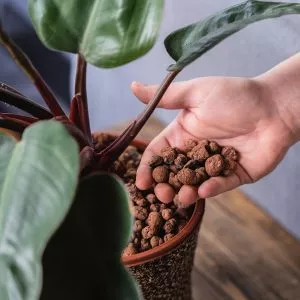
2. Underwatering:
Conversely, underwatering is another common problem. Signs include dry and crispy leaves, wilting, and slow growth. Different plants have varying water requirements, so it’s essential to understand the specific needs of each type.
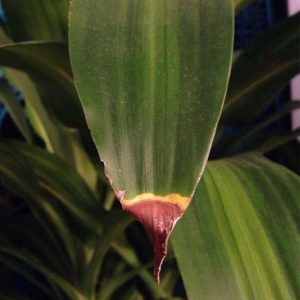
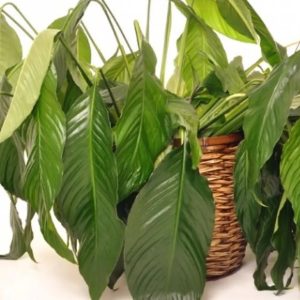
Solution: Develop a consistent watering routine based on the plant’s individual needs. Be attentive to signs of dehydration and adjust the watering frequency accordingly. Again, a Watering Indicator is a great tool you can use to identify when your plant needs water or not.
3. Poor Lighting:
Other problems that are common with a houseplant is insufficient or excessive light, as this can impact a houseplant’s growth and overall well-being. Some plants thrive in bright, indirect light, while others prefer lower light conditions. Identifying the light requirements of your plants is crucial for their success.
Solution: Place your plants in locations that match their light preferences. Consider rotating them occasionally to ensure all parts receive adequate sunlight. Supplemental artificial light can also be beneficial for plants in low-light areas.
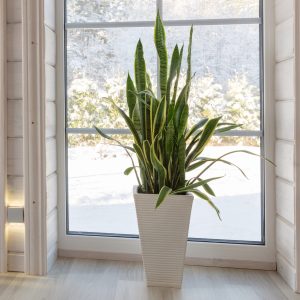
4. Diseases:
Keep an eye out for any fungal diseases. Spotting fungal diseases on houseplants is essential for maintaining their health and vitality. Keep a keen eye out for signs such as discoloured or wilting leaves, unusual spots or lesions, and powdery or fuzzy growth on the foliage or soil surface. Yellowing or browning of leaves, especially at the edges, can also indicate fungal issues. Additionally, watch for any unusual odours coming from the plant, as fungal infections can sometimes cause a foul smell.
Solution: Regularly inspecting your houseplants and promptly addressing any signs of fungal disease can help prevent spread and keep your indoor greenery thriving. If you do notice any of the above then isolate the plant and treat the problem by removing the infected leaves with some snips.
Remember to adjust watering practices, improve air circulation, and avoid overcrowding to create an environment less conducive to fungal growth.
5. Pests:
Other common houseplant problems can occur due to common pests like spider mites, thrips, aphids, and mealybugs. These sap suckers can infest houseplants, causing damage to leaves and affecting overall plant health. Identifying and addressing pest problems early is essential to prevent widespread damage. Some pests are so small to see you’ll only know they’re there when your plant gets sick.
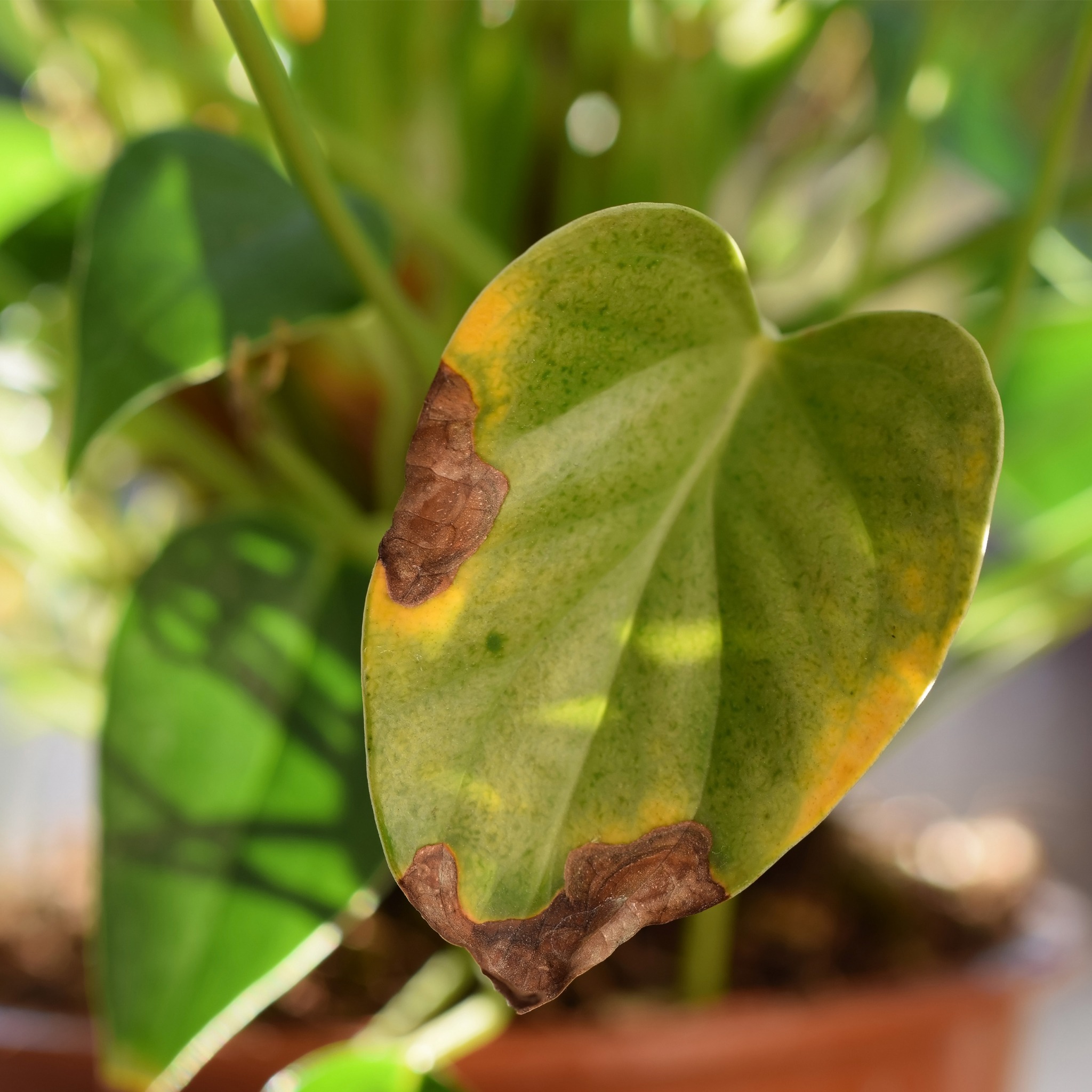
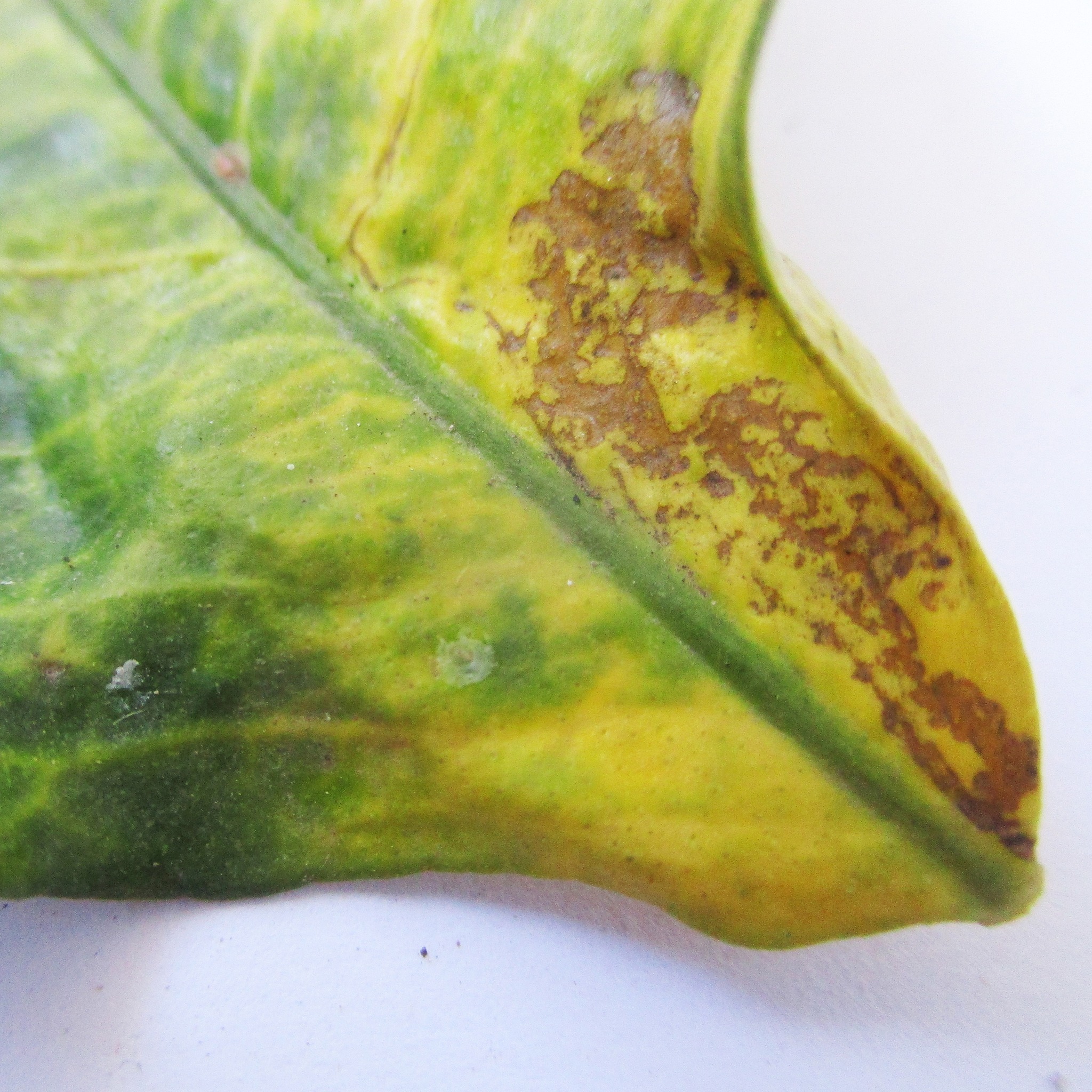
Solution: Regularly inspect your plants for signs of pests, such as webbing, discoloration, or small insects. Wipe the plant’s leaves with a cloth and repeat weekly until beaten. Isolate the affected plants to prevent the pests from spreading. Using a free draining potting mix like Westland Houseplant Potting Mix and add Hydroleca as a pot topper too. Avoid overwatering to stop flies laying their eggs in the compost.
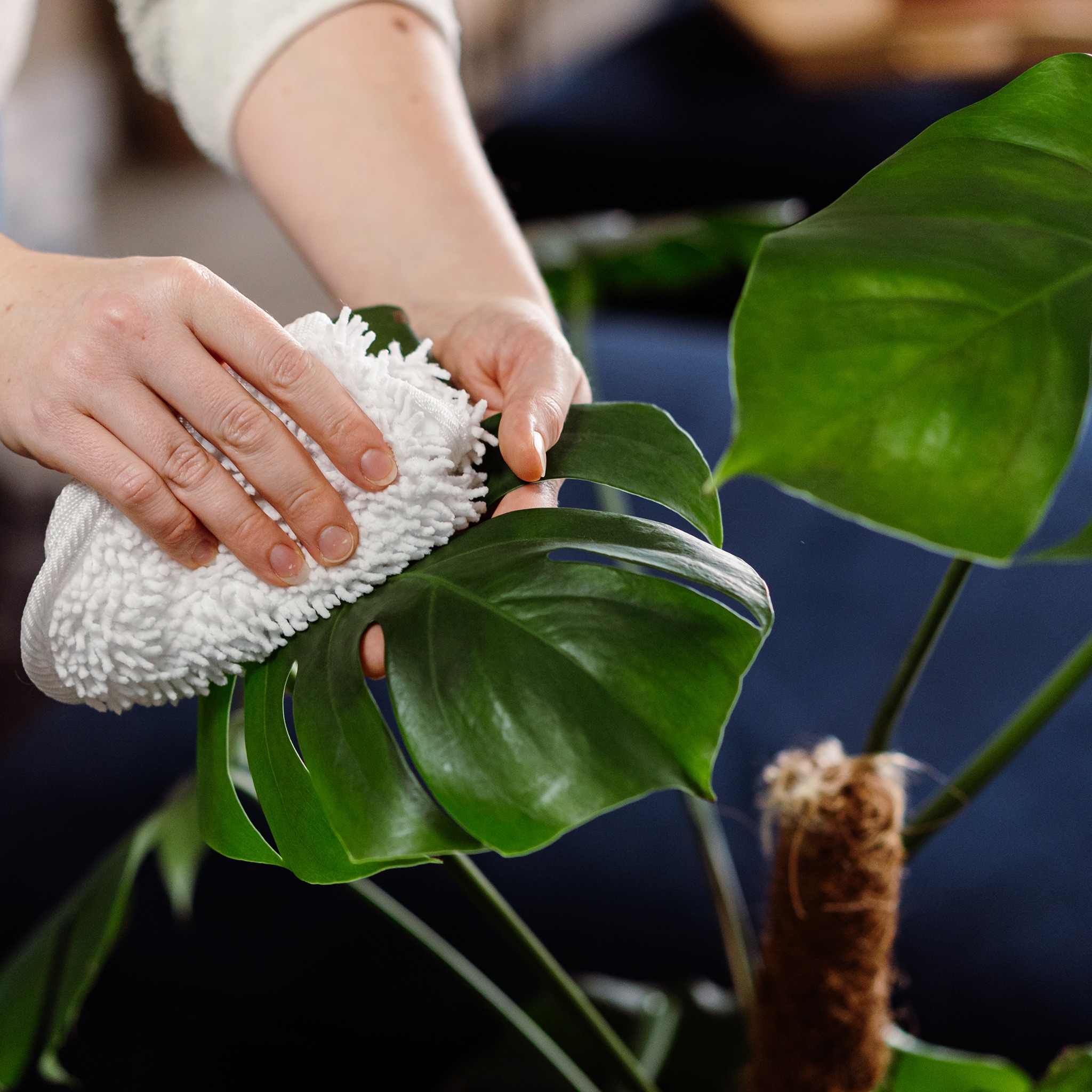
6. Improper Humidity:
Indoor environments can often be dry, especially during winter months. Many houseplants, particularly tropical varieties, prefer higher humidity levels. Insufficient humidity can result in brown leaf tips and edges.
Solution: Increase humidity around your plants by misting them regularly, placing a tray of water near them, or using a humidifier. When using trays or cover pots, add a layer of hydroleca and place pots on top. When wet, it gradually releases moisture, raising humidity levels around your plants, keeping them healthy in dry, centrally heated rooms. Grouping plants together can also create a microclimate with higher humidity.
